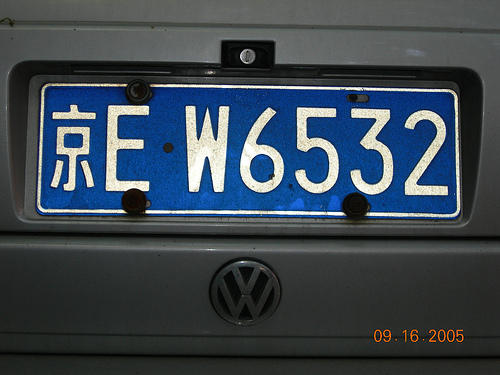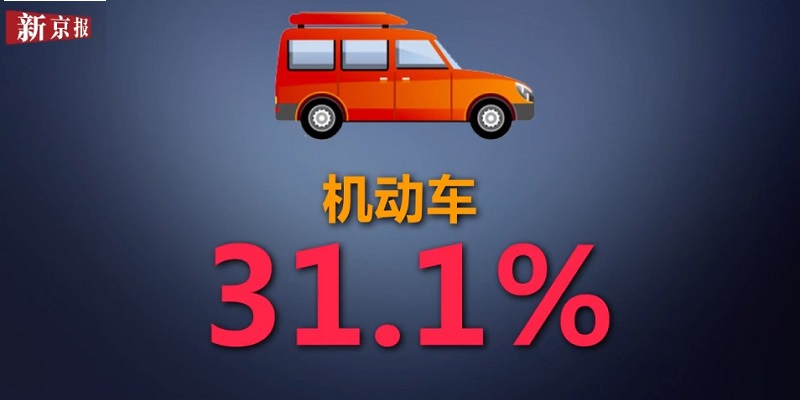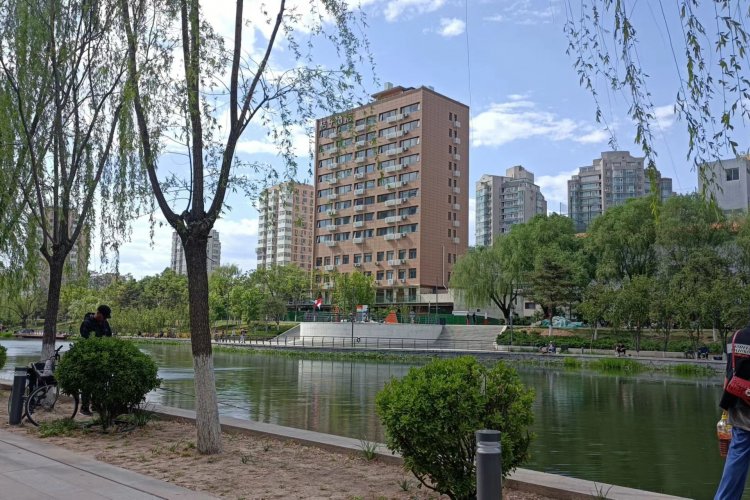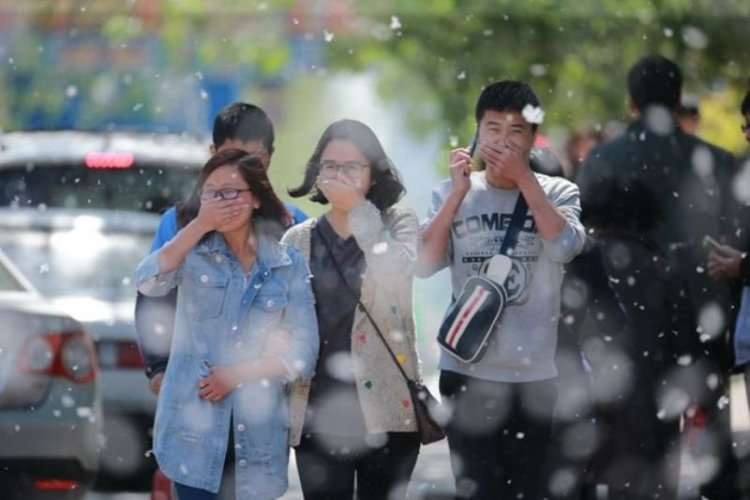Beijing to Impose 'Odd-Even' License Plate Restrictions for Remainder of Winter: Report
Chinese social media has been alight with the unconfirmed but seemingly imminent imposition of "odd-even" license plate restrictions for the rest of the winter -- expected to be until March 15, which now seems to be certain after a report by Bloomberg on Saturday.
If true, it means that roughly half of all motor vehicles, namely automobiles and trucks, will be banned from use every other day, based on the final digit of their license plate.
This method of controlling both traffic and air pollution was first used during the 2008 Beijing Olympics, but has reappeared from time to time, including in August and September 2015 ahead of the September 3 military parade, and in November 2014 for the Asia-Pacific Economic Cooperation (APEC) meeting, and also during Beijing's two recent pollution red alerts.
The Bloomberg report cited sources in the Beijing Municipal Government, who spoke on condition of anonymity because the policy has not yet been formally announced.
Odd-even restrictions have proven effective in both reducing traffic and improving air quality. After November 2014's "APEC Blue" skies, the city government pondered a permanent imposition of the rule, but dropped the matter.
A raging debate on the sources of air pollution is ruffling feathers on all sides. Drivers say cars are not to blame, and the government is better off focusing their efforts on filthy power plants, diesel trucks and coal burning. Others claim (and partially rightly) that the pollution isn’t a Beijing problem at all, and is really the problem of smog billowing in from industry-heavy Hebei province and elsewhere.
However, an analysis by the Beijing News shows that while waidi pollution is a problem, 2/3rds of Beijing’s bad air is generated locally, and car exhaust makes up about 31 percent of that yuck:
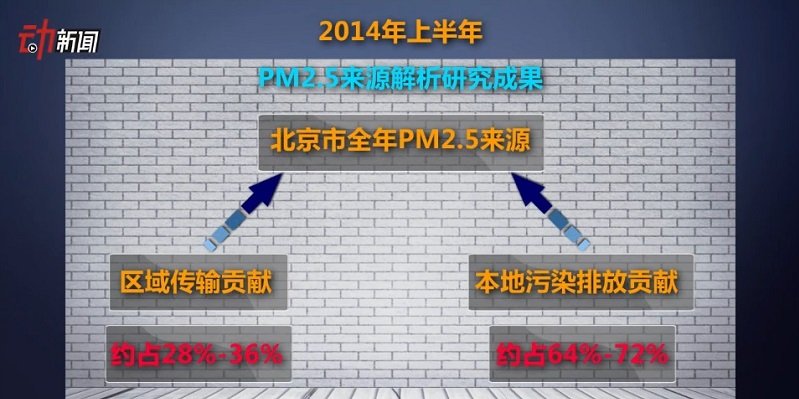
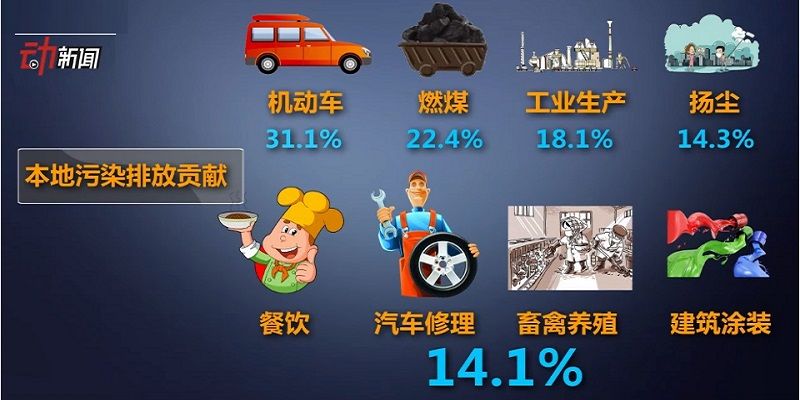
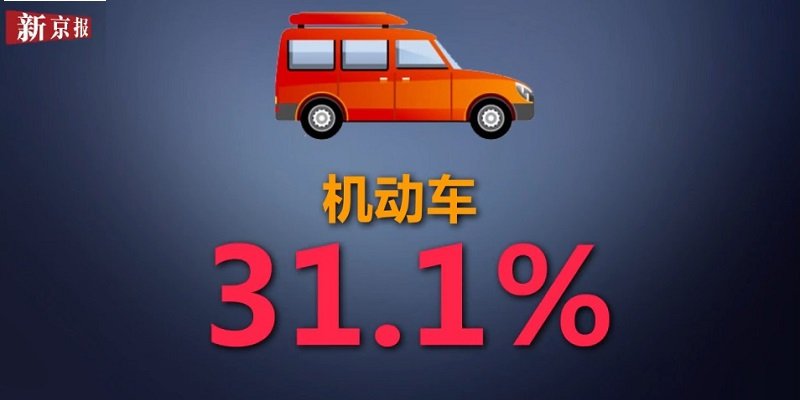
By doing a bit of simple math, that means moving to an odds-evens restrictions would likely result in a reduction of somewhere in the vicinity of 6 to 11 percent of Beijing's bad air. When looked at in isolation that seems somewhat paltry, but it is by no means the only measure the city is taking, and from where we’re breathing, we heavily subscribe to the “every little bit counts” philosophy.
What with a subway that ranks amongst the world’s longest in terms of track length, streets equipped with wide bike lanes, a sizable taxi fleet and countless small-time entrepreneurs jumping on the Uber / Didi bandwagon, Beijing is perfectly primed to reduce its dependence on private motor vehicles.
Odd-even gets a hearty "hell yeah!" from us. Drivers will grumble and public transportation will become more crowded, but it will be worth it. We've loved the results in the past, and if it means fewer cars and better air...yeah, do it.
We dream of the day that Beijing’s populace becomes reverses the decade-long trend towards the fetishization of private car ownership and becomes more like the residents of New York City -- where private car ownership is perceieved just as much as a foolish bit of excess and a hassle as it is a status symbol or a convenience.
Photo: The Truth About Cars, the Beijing News

